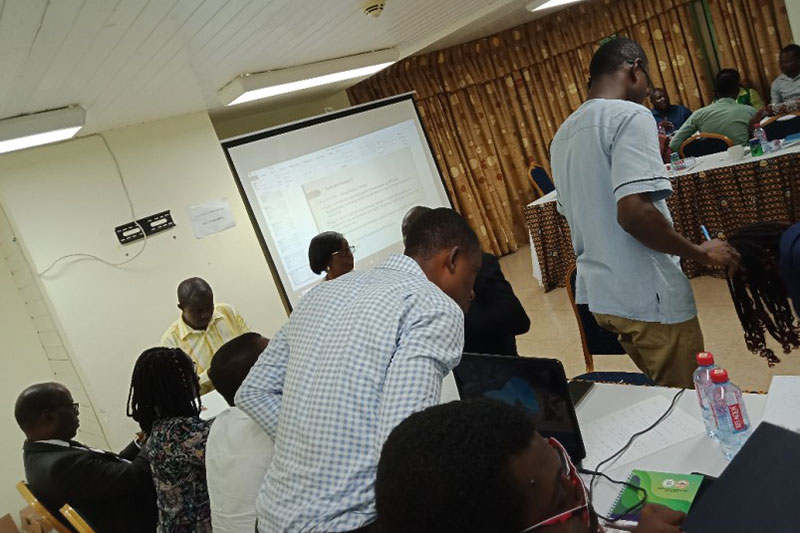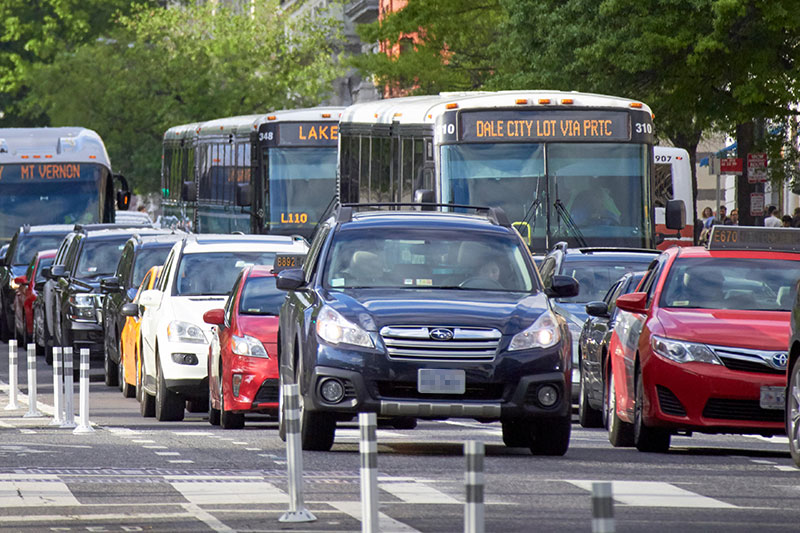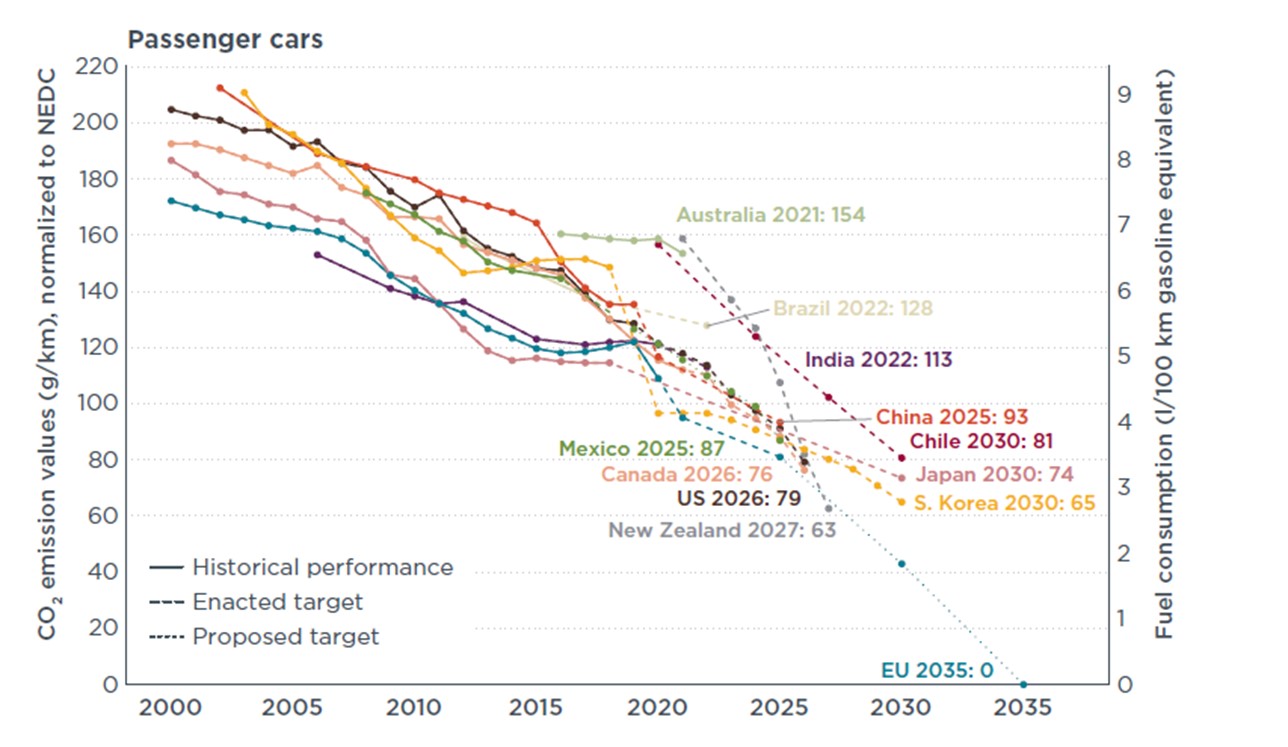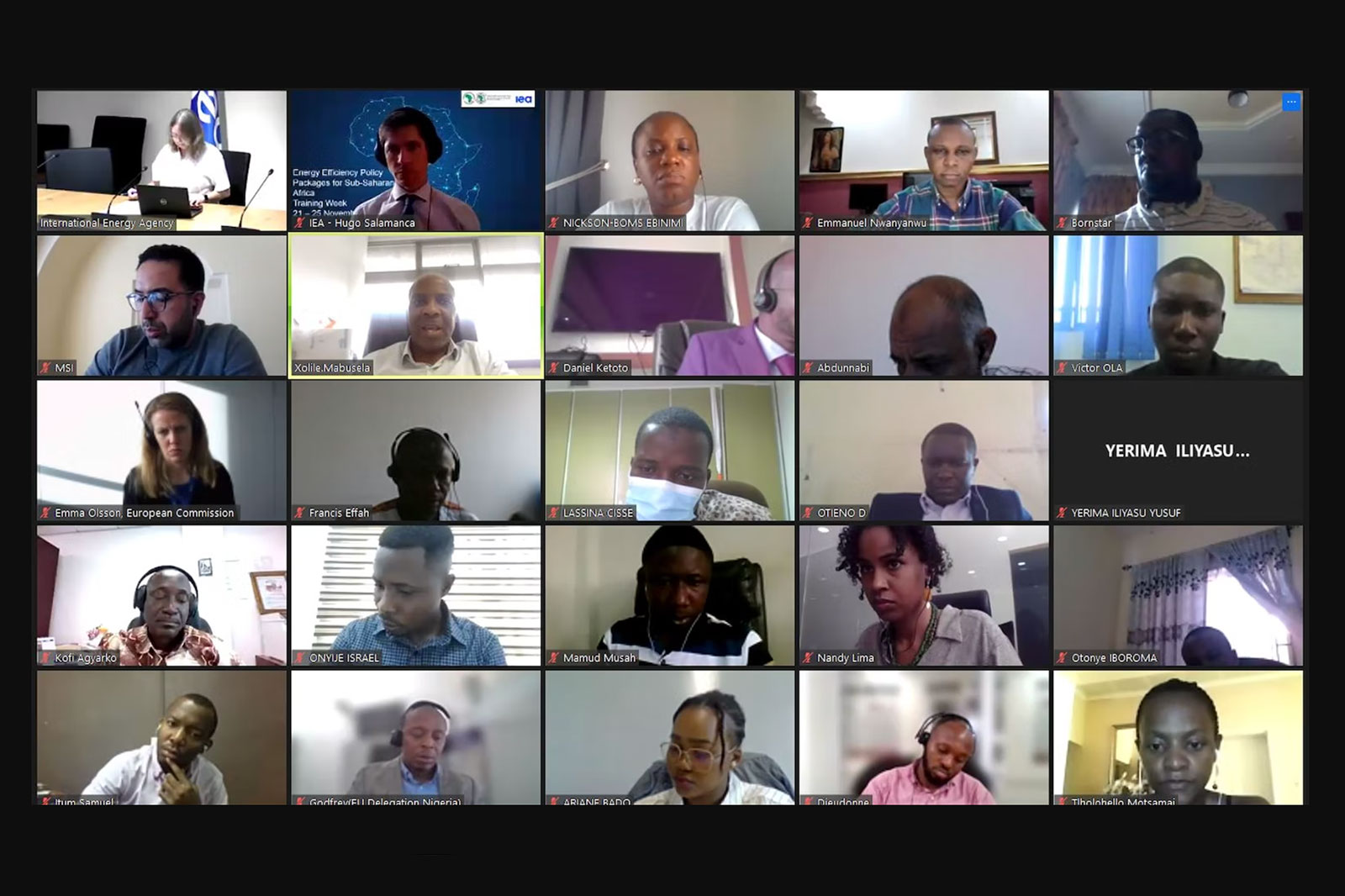GFEI Workshop Disseminates Draft Electric Mobility Policies for Ghana
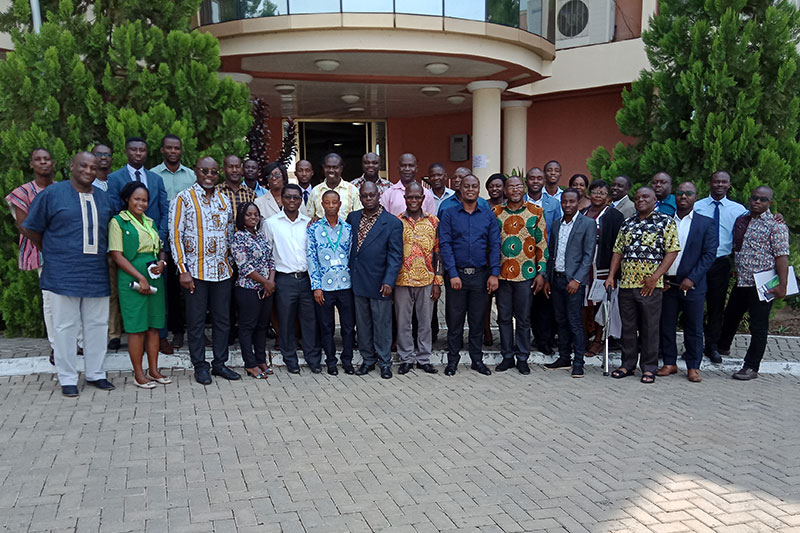
The Global Fuel Economy Initiative (GFEI) supported a national workshop to disseminate draft electric mobility policies for implementation in Ghana. The meeting, held on 20th November 2018 at the Institute of Environmental Studies in Amasaman, provided a platform for learning and sharing experiences on electric mobility among over 60 experts and stakeholders from the transport, finance, energy petroleum and environment sectors (both public and private) as well as from the media.
The Deputy Executive Director for Technical Services of the Ghana Environmental Protection Agency (EPA) Mr. Ebenezer Appah-Sampong gave the welcome address and officially opened the workshop. Keynote addresses and statements were provided by representatives of the Minister of Environment, Science, Technology & Innovation, Minister of Transport, Minister of Finance, Chief Executive Officer of Driver Vehicle Licensing Authority, Executive Director of the National Road Safety Commission and the General Secretary of the Ghana Road Transport Coordination Council.
The workshop was divided into two sessions:
- A technical session with presentations on the GFEI project to disseminate the findings, followed by discussions. The presentations were as follows:
- “Efforts Towards Electric Mobility and Emission Reduction Policies in Africa” by Mr. David Rubia, Programme Management Officer at UN Environment
- “Overview of Market and Perception of Consumers Towards Electric Mobility Potential, Key Challenges, Barriers and Opportunities for Improving Air Quality and Reducing Climate Enforcers (Co-Benefits)” by Mr. Daniel Essel Senior Policy Planner, Planning & Research Department, Ministry of Transport
- “Fiscal Policy Options Based on a Cost-Benefit-Analysis for the Country to Incentivize the Uptake of Electric Mobility” by Mr. Kwesi Asante, Senior Economics Officer, Head, Governance Section ACP-EU Unit, Ministry of Finance
- A group break out session where the participants were divided into three groups to deliberate on the following aspects of the draft electric mobility policy report:
- Infrastructure and Local Capacity Requirements for Electric Mobility.
- Fiscal and Non-Fiscal Incentives and Policies for Hybrid, Plug-In Hybrid, Fully Electric Vehicles
- Communication and Awareness Creation Requirements
After the group sessions, each group presented a summary of their discussions in plenary with the detailed minutes of the discussions and their recommendations presented to EPA for incorporation into the Draft Electric Mobility Policy Working Paper. Once completed, this document will then be presented to the Ministry of Transport.
The consensus amongst stakeholders was that there was need to develop the requisite policy environment to incentivize and guide the transition to electric mobility in Ghana in order to significantly reduce emissions from transport as well as to harness the huge economic potential from such a transition i.e. reduced expenditure on imported petroleum as well as green job creation from local assembly/manufacturing and added value chain.
